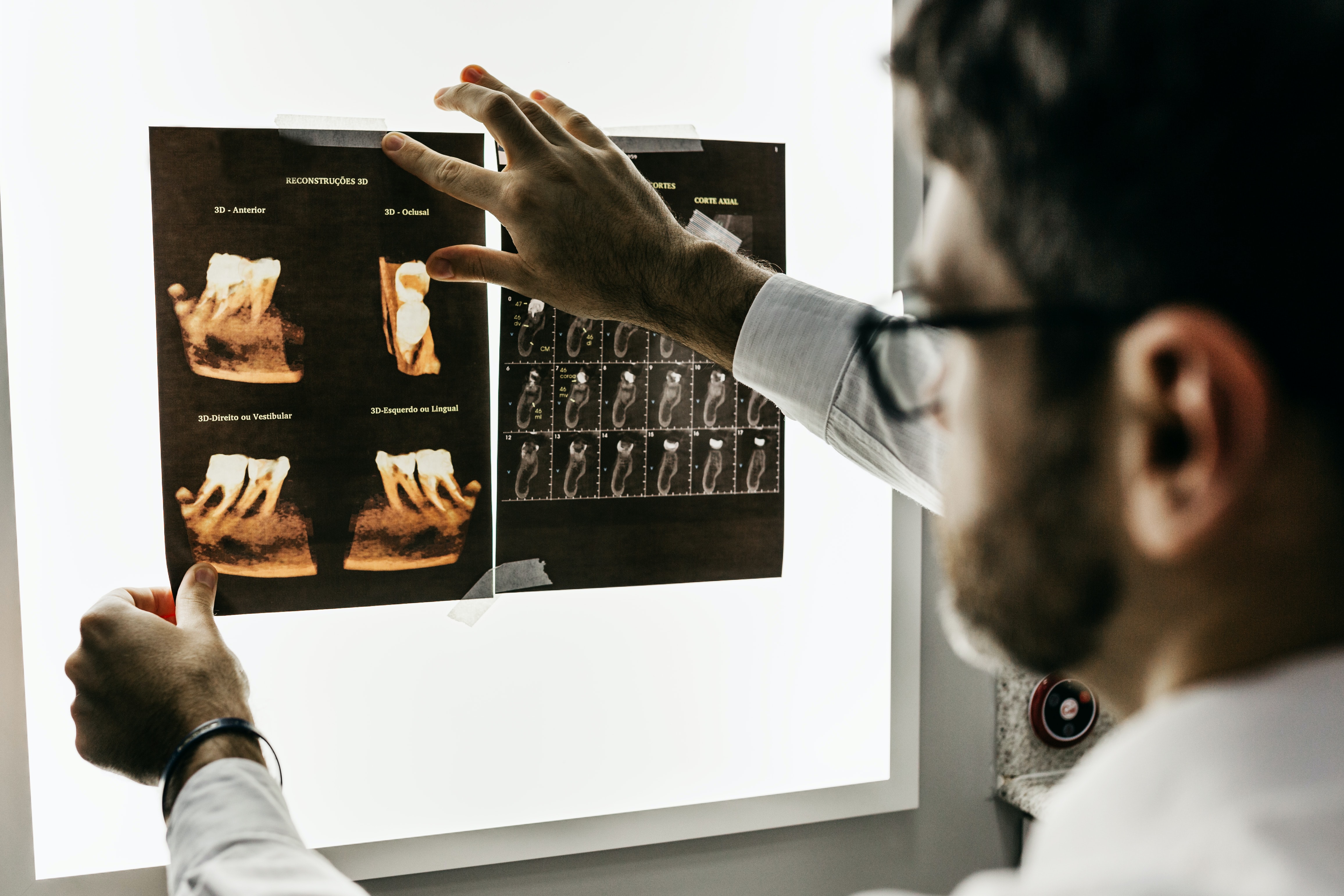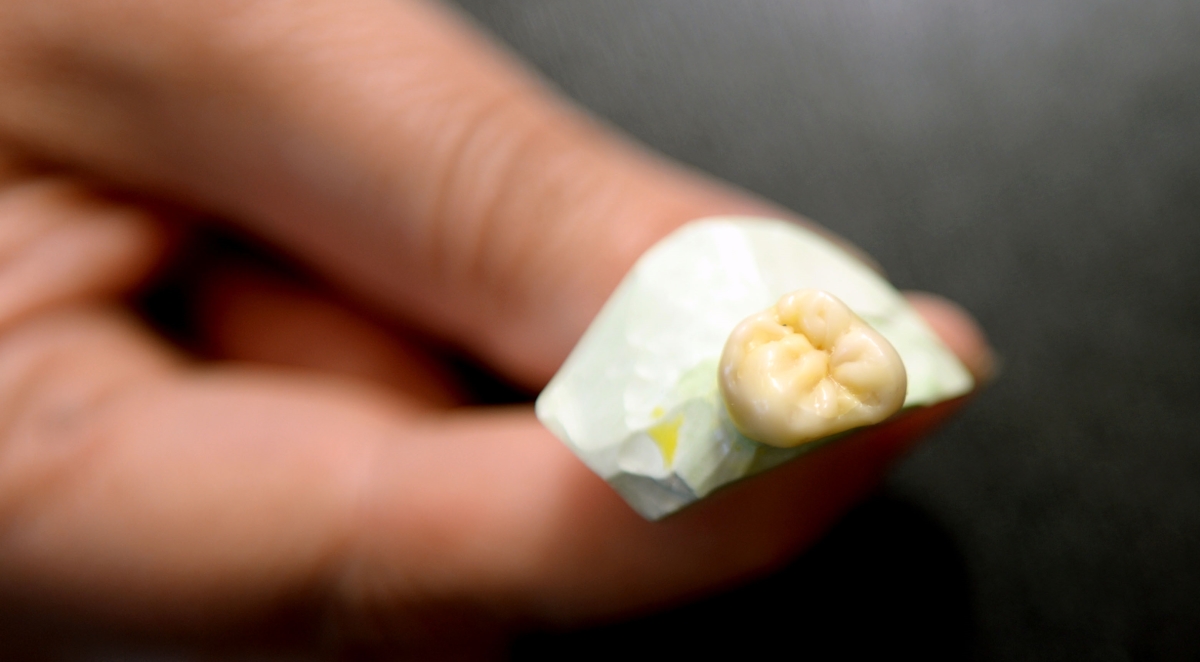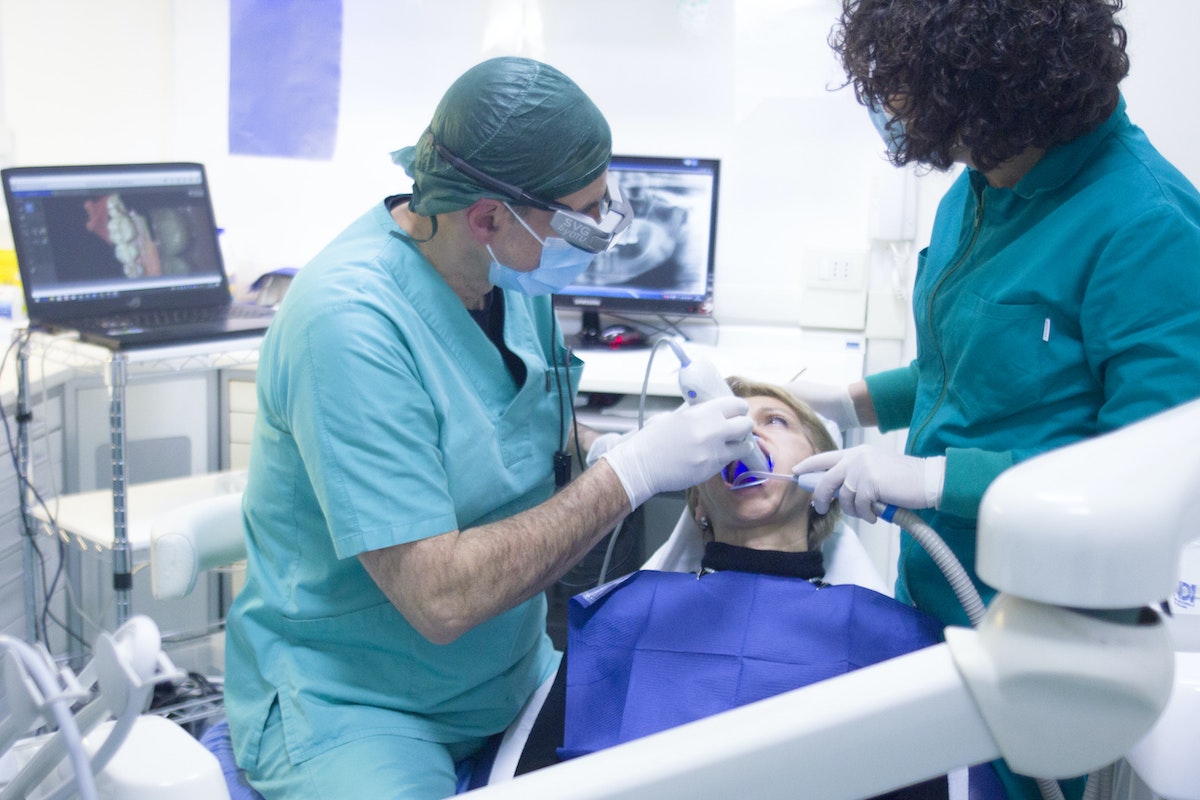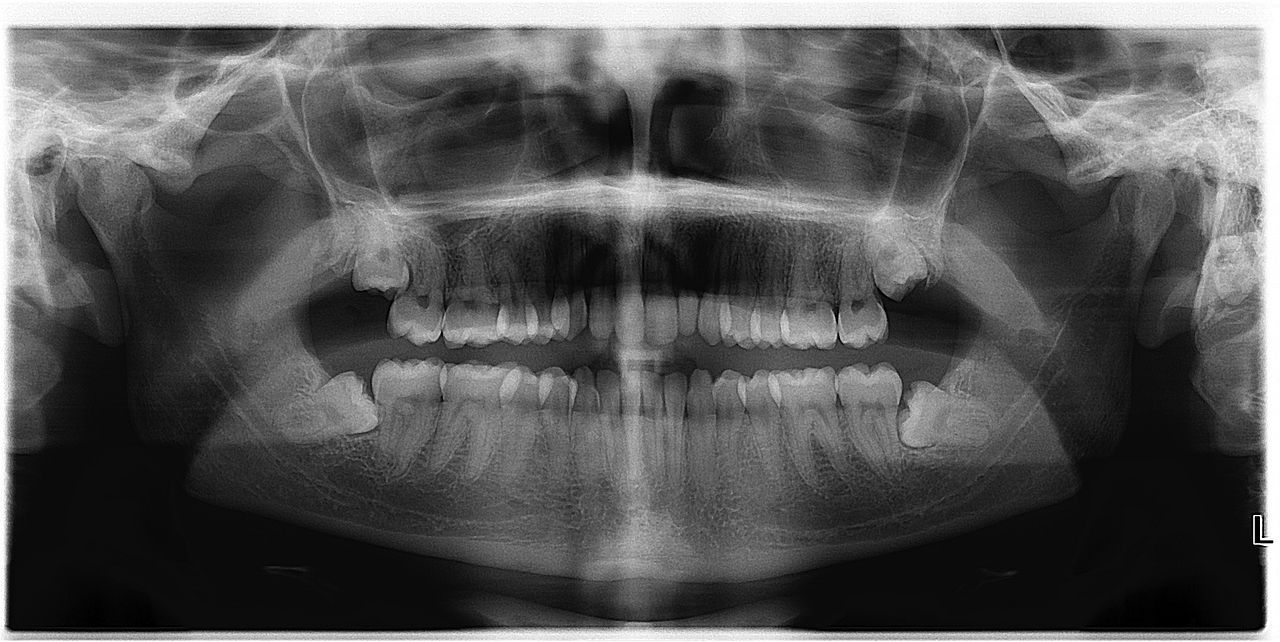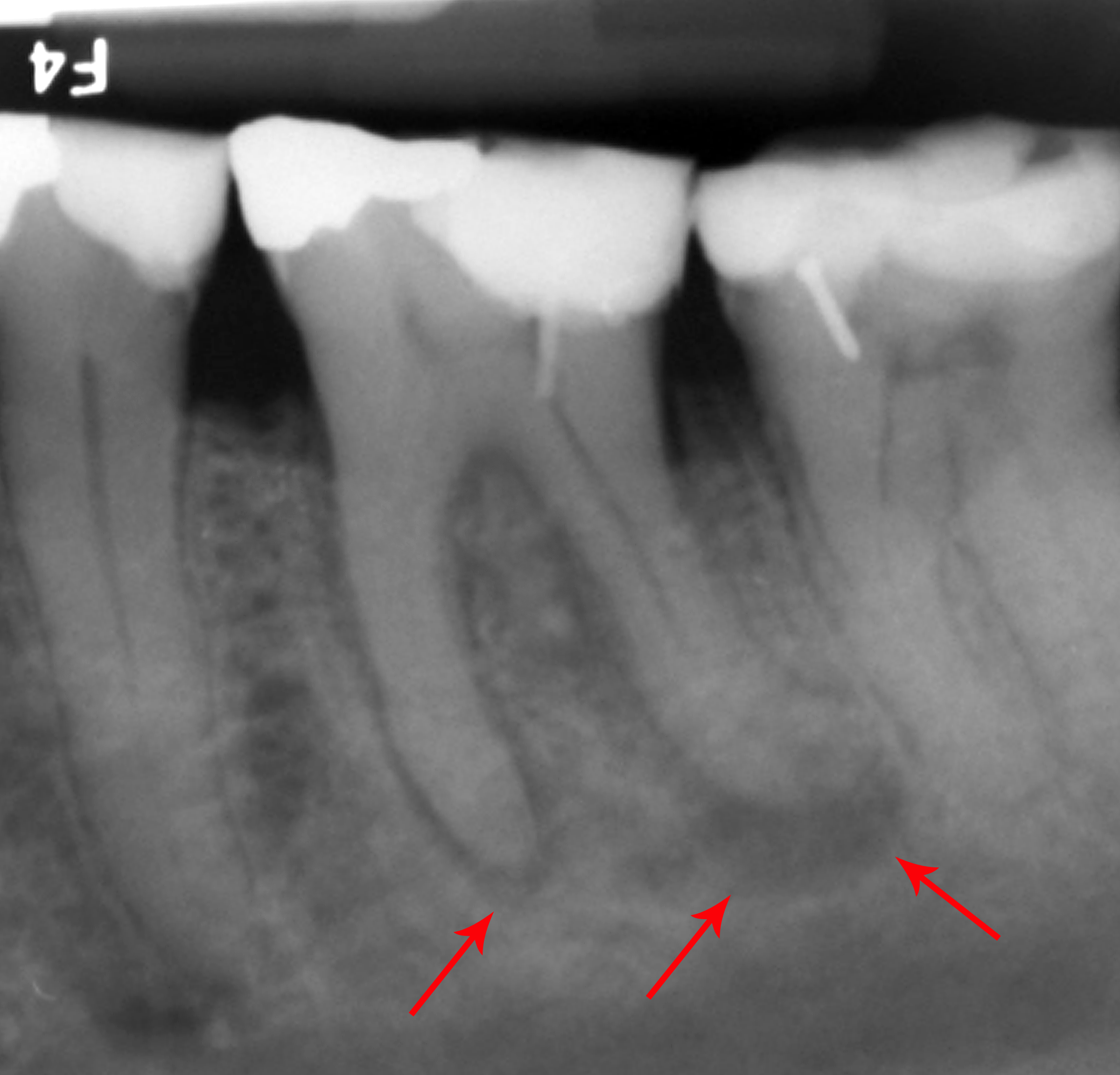People do not always think of teeth as alive, but they are. At the center of each tooth is an area called the pulp chamber. Nerves and blood vessels extend through the path known as the root canal to the pulp chamber, bringing the tooth sensation and nourishment. When the nerves and blood vessels at...
Author: Staff ( Staff)
A Crown Fell Off My Root Canal–What Now?
Crowns are commonly used to cap a tooth after a root canal procedure. They provide the tooth with strength and support. Crowns also protect the tooth from outside forces and infections, while providing the feel and appearance of a natural smile. Unlike veneers which cover the front of a tooth, crowns cap the entire tooth....
Are Dental Sealants Right for Your Kid?
Dental sealants are usually used to prevent cavities. But sometimes they can be used to seal up minor cavities as well. Whether sealants are right for your kid depends on many things. For example, one child’s back teeth might be smooth. Another’s could be full of nooks and crannies. Also, a small cavity might be...
Dental Plates vs. Implants: Which is Better?
Dental plates and dental implants are two very different solutions to the same problem: Missing teeth. Understanding the differences, together with a dentist’s evaluation and guidance, will help determine which is right for you. A dental “plate” is a term referring to any removable dental prosthetic. This covers any type of false teeth: full dentures,...
Invisalign vs. Braces: Which Is Faster?
The two most common orthodontic treatments for misaligned, crooked, or rotated teeth are braces and Invisalign (or other transparent aligner systems like byte). Many people, adults especially, prefer Invisalign because it is discrete and removable. But how long it take can matter, too. While Invisalign can work faster than braces, that is not always the...
How to Find a Dentist When You Don’t Have Insurance
When you need to find a dentist, you need to find a dentist…but not having dental or medical insurance can make that a daunting task. In a study collecting data from 2014 through 2017, the CDC reported that only about half of adults aged 18 to 64 had dental insurance. And while most dentists will...
What Happens to Your Teeth After a Deep Cleaning?
Dentists suggest that patients have their teeth cleaned by a dental hygienist twice a year to remove plaque that can cause cavities. Deep cleaning also removes plaque, but is a more extensive procedure. It is only recommended only for people experiencing symptoms of gum disease, also known as periodontitis. Gum disease is an infection of...
Risks That Come with Wisdom Tooth Extraction
Wisdom teeth begin to affect teenagers as early as 16, although many adults don’t experience complications until their early twenties. In many cases, it becomes necessary to remove wisdom teeth. For those who are having the procedure done, it is understandable to have some anxiety and concerns before surgery. Overall, serious risks of wisdom tooth...
What Causes a Tooth to Abscess?
When harmful bacteria cause an infection in a tooth or in the gums, there is a chance that an abscess will form. Pus gathers at the source of the infection, appearing as a lump or boil. This inflammation will often make the area swollen and painful. Getting a diagnosis of an asbcess, or suspecting you...
Do Cavities Hurt? What Happens, and Why They Should Get Filled
Most people think that toothaches and cavities go together. While they often do, some cavities hurt very little or not at all—at first. Likewise, a tooth can experience pain without a cavity. Any cavity, whether it hurts a little, a lot, or not at all, should be taken seriously and fixed as soon as possible....


